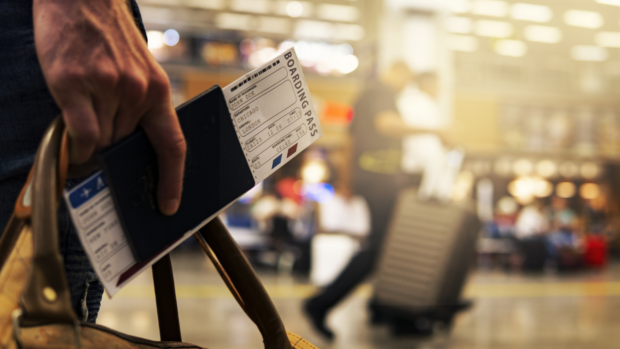Airlines embrace AI, say it won’t replace pilots

DUBAI—Airlines may not be replacing pilots with artificial intelligence (AI) anytime soon, but aviation industry experts say the new technology is already revolutionizing the way they do business.
“Data and AI are fantastic levers for the aviation sector,” said Julie Pozzi, the head of data science and AI at Air France-KLM, ahead of the 80th meeting of the International Air Transport Association in Dubai.
Airline executives will gather at the influential annual global airline summit in the United Arab Emirates on Monday for talks on the latest in the industry, including upcoming AI projects.
Aviation companies, long accustomed to thin profit margins, see AI as the newest way to boost productivity and gain a competitive edge.
AI is “undoubtedly a new frontier, in that it’s an extraordinary acceleration of technology and capabilities,” said Geoffrey Weston, the head consultant on the airline industry at US-based firm Bain & Company.
85 languages
“When you have a lot of uncertainty… what AI is really helpful for is to hugely accelerate getting the right information to the right people as quickly as possible,” he said.
Air France-KLM is doing this, with “more than 40 projects using generative artificial intelligence,” which like the now-famous ChatGPT is meant to improve as it is being used.
Among the French-Dutch company’s plans is a tool that responds to customers in 85 different languages to be installed on the tablets of Air France agents, and is scheduled for use in 2025 at Paris Charles de Gaulle airport.
‘Assisted intelligence’
The airport’s operator, Groupe ADP, has also launched several AI initiatives in cooperation with startups — including Allobrain, which uses voice recognition to answer phone calls to the airport.
It has reduced “the number of unanswered phone calls from 50 percent to 10 percent,” said Alban Negret, the head of ADP’s innovation division.
As air travel grows, reducing wait times is one of the industry’s important challenges, according aerospace expert Jerome Bouchard.
Facial recognition
“We have more and more passengers in increasingly constrained spaces, and we are still traveling as we did in the 1970s,” said the consultant for Oliver Wyman’s Transportation and Services practice.
“There is room for improvement,” he added, referring to the potential of using facial recognition at airport security.
“But all this requires enormous coordination and data synchronization” which is still lacking, according to Bouchard.
Modern aircraft, with their sophisticated self-diagnostic and control systems, are data factories that can be leveraged with AI, the experts say.
But when it comes to actually piloting the aircraft, they say there is no question about leaving it to algorithms.
In the end, “it is up to humans to take responsibility for decision-making,” Thales CEO Patrice Caine said in March. AFP